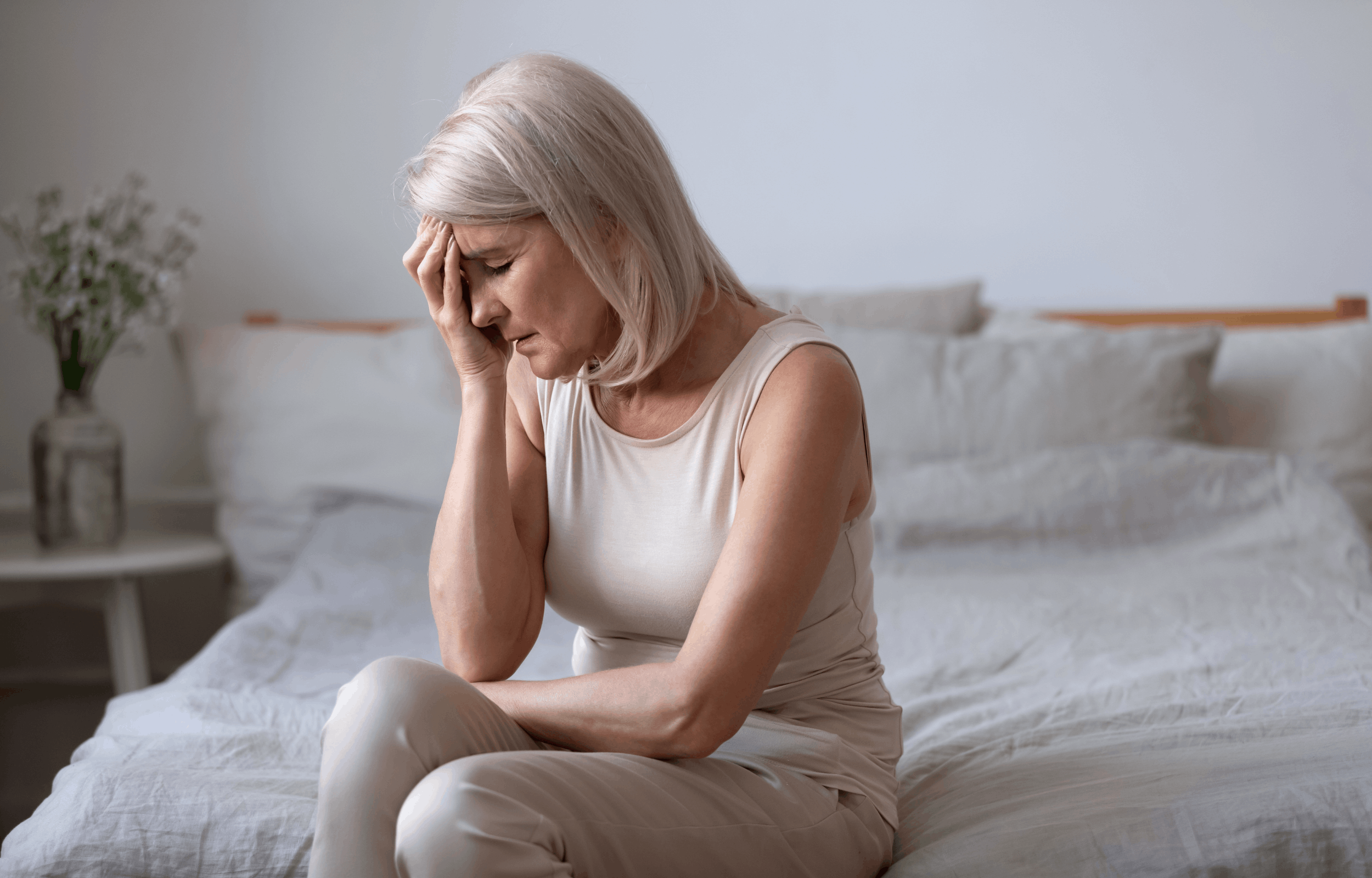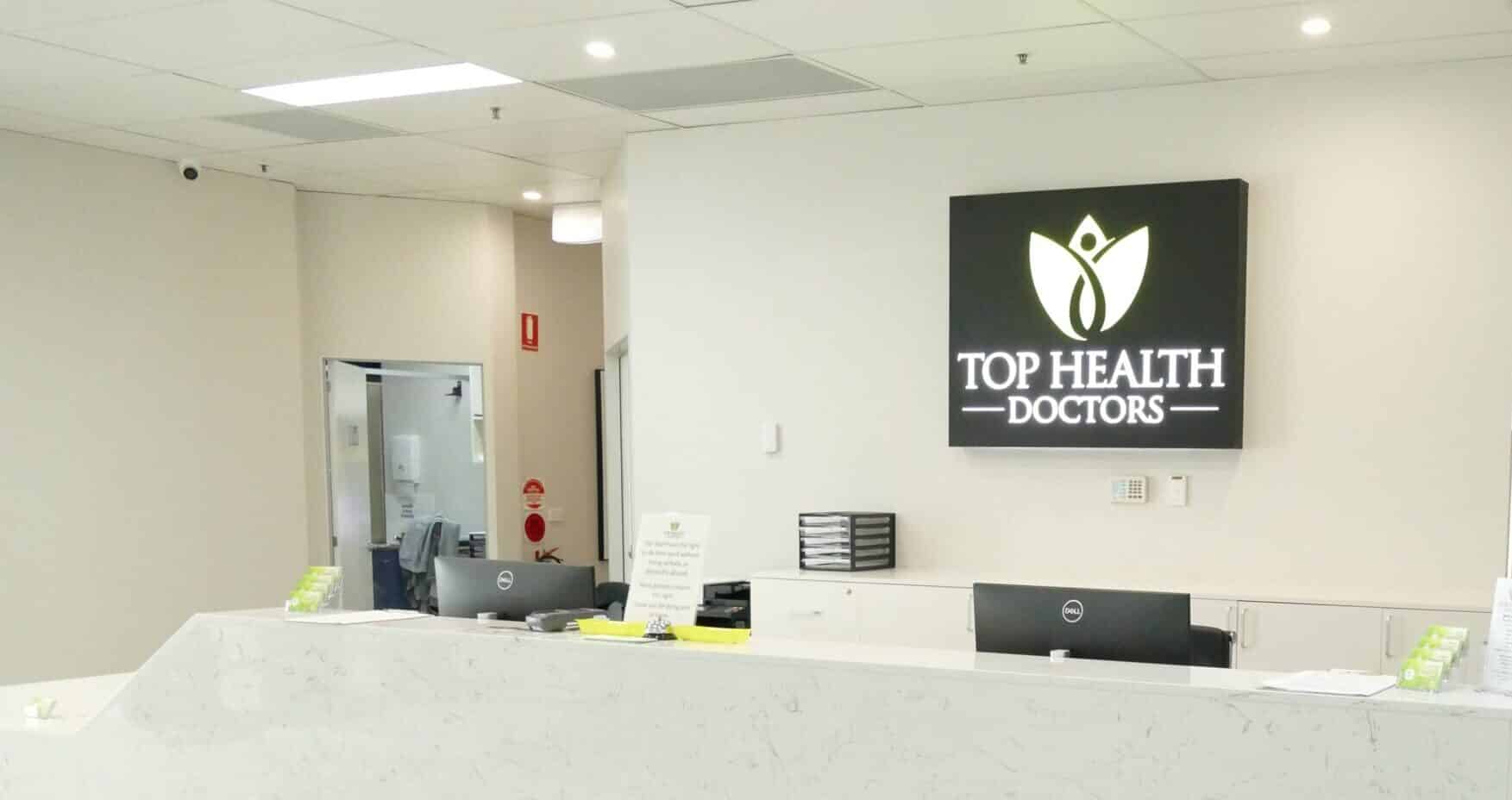Menopause – Your doctor can help you
Menopause is a natural biological process that occurs in women as they age, although it may not feel so natural to many. It certainly is a topic of conversation for women in their 40’s and 50’s as it can be accompanied by a range of not so pleasant symptoms that can have a significant impact on a woman’s quality of life.
When does menopause typically occur?
Menopause typically occurs in women between the ages of 45 and 55, with the average age of onset being 51. However, menopause can occur earlier or later in some women and often come quite unexpectantly. Medically, menopause marks the end of a woman’s reproductive years and is usually defined as the absence of menstrual periods for 12 consecutive months.
Common and unwelcome symptoms of menopause include hot flashes, night sweats, mood changes, vaginal dryness, and decreased libido.
Despite the abundance of information about menopause and it’s impact on women, it is often the case that women struggle through, either hoping the symptoms will pass or simply ‘pushing on’. This can be such a challenging time for women, and we encourage you to check in with your doctor, not only for a physical check but for emotional support and guidance too.
Menopause can bring health risks
While menopause is a natural part of life, it can be accompanied by health risks such as osteoporosis and cardiovascular disease. Your doctor can help to assess your individual health risks and provide guidance on how to manage your symptoms.
In addition to medical support, there are a range of lifestyle changes that can help to alleviate symptoms of menopause. These may include regular exercise, a healthy diet, and stress reduction techniques such as yoga or meditation.
If you are struggling to manage your symptoms or would like additional support, there are also a range of support groups and resources available. The Australasian Menopause Society provides a range of information and resources on menopause for you.
Menopause may be a time in your life that you ride through without any really issues, or it may be a time where you are significantly impacted to the point where your day-to-day life is altered. There are many ways your GP can help you ensure your health is well managed and as importantly help you deal with your feelings and emotions at this time. It’s a time you need to think about yourself and ensure you have good quality and trusted care.
Sources:





















